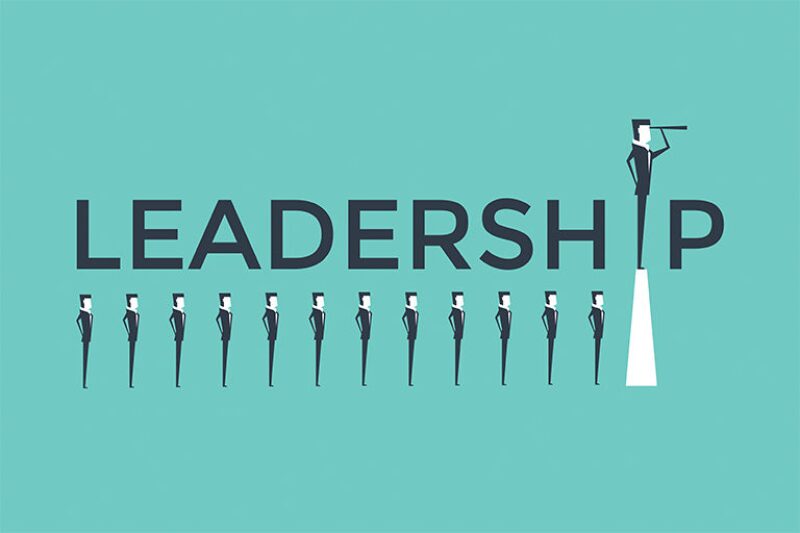The SPE Training and Member Programs departments took on the task of creating an intensive and industry-specific means to help spur the development of leadership abilities particularly of younger E&P professionals.
It has long been known that a training gap exists in the oil and gas industry as less-experienced professionals move to leadership roles earlier in their career than they would have in the past. This is because a large population of seasoned professionals has been and is still transitioning into retirement. SPE is strong on technical knowledge, but needed to team up with a partner that understood human behavior in global organizations.
So, with SPE’s knowledge about training, the E&P industry, and the challenges that confront E&P leaders, and with Kiddy and Partners’ knowledge about global business psychology—the two organizations collaborated to develop the SPE Leadership Academy.
The first 3-day course was conducted in Dubai, 30 September to 2 October 2014. And the second will be held 2 through 4 December 2014 at SPE’s Houston Training Center.
More information can be found at www.spe.org/training/courses/SLA.php.
A Guided Examination of Oneself and Others Within E&P-Specific Scenarios
The SPE Leadership Academy was developed for those transitioning into a leadership role, those identified by management as potential leaders, and those who aspire to be leaders.
The academy is structured around the philosophy that, by delving into a guided examination of oneself and others within roles and situations encountered in the E&P industry, participants can expedite development of their ability to lead others effectively in multidisciplinary, multi-stakeholder projects, jobs, and situations.
The following outlines the structure of the 3-day curriculum, with the types of questions participants can expect to explore through such means as the Myers-Briggs Type Indicator, E&P-specific role-playing exercises, questioning and listening techniques, homework exercises, discussion and feedback, and presentation techniques and practice.
The Challenge of Collaboration
How do you collaborate with those in other disciplines, from other countries, from other companies?
How does a team develop a common language despite differing viewpoints? How does a team achieve an optimum outcome?
Communication: Exploring Behavior and Personality
How well do you know yourself and understand others? Do you listen well to others? Do others listen carefully to you?
Do you know how to ask questions that will generate thoughtful responses, that will help you and others gain valuable project-focused insight?
Influencing Others to Achieve Excellence
Do you have responses to work problems that might be valuable for those you interact with—whether employees, colleagues, or managers—to consider? Do you know how to communicate your ideas, insights, or questions in a way that will ensure others do consider them?
Do you carefully consider employees’, colleagues’, or managers’ ideas, insights, and questions?
Do you understand how the path of least resistance—the one that leads to the optimum step forward—can sometimes also be the path of most human resistance? How do you navigate that path of resistance through to the clarity you envision awaits at its end?
Understanding Stakeholders
Do you understand the perspective, sense of ownership, or business-critical need others have regarding a particular project and its outcome? That is, can you identify, understand, and respect the viewpoint of each person who has a stake in a project’s development and/or its outcome?
Do you know how to spark each stakeholder’s motivation for participation and excellence? Do you know how to nurture each stakeholder’s trust—in you, in the project, in others, in the company?
Presenting Ideas to Stakeholders
Can you present a clearly stated, well-structured, sensible, achievable idea in a way that engages and persuades an audience consisting of all stakeholders in a project’s development and/or outcome?
Stress and Resilience
Can you identify stresses and develop ways to either live with them, nurture change, or, if extreme, confront the sources—whether they are within yourself or others?
Can you accept that you will always encounter some stress, that this amount will vary, and that how effectively you deal with it will impact your life and work, your family’s life, your team’s work—that in fact it will impact, in positive or negative ways, each stakeholder in each project’s development and/or outcome?
Ethical Challenges
Do you know that how you deal with ethical quandaries has a major effect on the most valuable resource you own: your integrity?
How does building your own integrity as a leader affect the entire oil and gas industry? Your company? Your managers, colleagues, employees? Your career? Your family?
Managing Your Development
Do you know your own learning style and how you might learn more effectively? Have you identified ways you can learn and contribute your expertise through volunteering? How you can reach out and build professional ties with others across company, geographical, and discipline boundaries?
Can you state your career goals—and the steps needed to achieve them?
Leaders of the SPE Leadership Academy
The SPE Leadership Academy is led by Mike Owtram and Charles Jones, both of whom are business psychologists affiliated with Kiddy and Partners. With Owtram and Jones’ guidance, participants engage in self-assessment, receive feedback from others, and learn and practice effective communication skills through real-life experience within scenarios designed by SPE specifically for the E&P industry.

